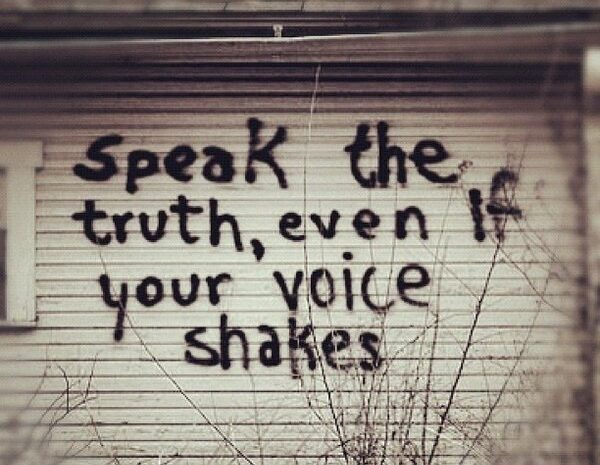Civil society must throw away the idea that speaking up is ‘too political’ and step into public life – for the sake of us all
If the Covid-19 emergency has opened our eyes to anything, it’s that the personal is the political, just like those 70’s feminists always said. Suddenly, every single one of us is affected by a situation that requires us to make huge and sweeping changes. Suddenly, we are seeing the cracks in our social fabric through which it is all too easy slip. The implications of a million political decisions, taken over decades, are being felt in every household in the land.
This is not party politics – but it is emphatically political.
We are not all affected equally. Some of us cannot feed or care for ourselves. Some of us are already struggling to pay the bills. Some of us are laying our lives on the line to care for others. Some of us are finding we are in more danger at home than outside.
If ever there was a time for charities, community groups, and others to shine a light on these situations it is now. People who previously thought that only ‘other people’ suffered are seeing the effects of political decisions upon their nearest and dearest. Yet, I have lost count of the number of conversations I have had with civil society organisations who are torn between the desperate need for change and being ‘too political’. Bluntly, if your mission is ‘a better world’ in one form or another, the political cannot be avoided.
Somewhere down the line, too many of us stepped away from discussions about change that transforms lives and started to talk only in terms of service delivery. In doing so, we ceded so much ground to those who think we should ‘stick to the knitting’ that a very transactional idea of what ‘helping’ looks like now frames everything we do. Ironic, given that modern philanthropy and charity is rooted as much in a tradition of radical social change (think of Victorian child labour campaigners) as it is in helping your neighbour.
A reductive view of charity, as simply helping those in need to survive another day pressures us to talk only about ‘the most vulnerable’, or to represent the people we work with as ‘victims’. Worse, it can force them to represent themselves in ways that are seen as ‘deserving’. It will take a brave and conscious shift in our own behaviour to reverse this trend.
And reverse it we must. Today, many of us are rightly focused on service delivery. We are asking, ‘How can we get food and care to people who need it? How can we keep people safe tonight?’ But, eventually, we will start to emerge from the immediate crisis. When we do, there is real danger that many organisations will have folded, as income dropped at the same time as demand surged. At exactly the same time, there’s a risk that exceptional government and public support will also be withdrawn, as many of us start to get back to ‘normal’ life.
NCVO, ACEVO, Small Charities Coalition, NAVCA and others are working around the clock to show ministers what the impending loss of charities’ work means for people up and down the UK. But it is real situations, affecting real people, that will have the greatest impact. We must all step forward and share what we know.
Speaking up does not have to mean marching on Westminster or passionate rhetoric (though many of you will attest that these have their place). A private letter to your local MP, explaining the straits that the people you serve in their constituency are facing and what could happen if you go under, will give them a richer context for their own work. Local or social media coverage what you do (especially if you can film something using your phone) will do the same for the rest of us. Offer yourself as a case study to your umbrella body. Use the hashtag #EveryDayCounts.
These things are not ‘too political’. They are the stuff of life, a glimpse into people’s reality, and the only way we are likely to deliver on those passionate and ambitious mission statements we so lovingly crafted.
Useful links:
See what others are doing with the #EveryDayCounts hashtag https://twitter.com/search?q=%23EveryDayCounts&src=typed_query
Real examples of how organisations are struggling to keep working are urgently needed. Let your umbrella body know if the Covid-19 emergency is hurting your ability to help your communities and you’re willing to be a case study. Here are some links but choose any appropriate body – they are all working together.
ACEVO https://www.acevo.org.uk/2020/03/everydaycounts/
Directory of Social Change https://www.dsc.org.uk/content/politicians-and-journalists-need-to-hear-your-story-now/
Small Charities Coalition https://www.smallcharities.org.uk/join-us/contact-us/
Women’s Resource Centre https://www.wrc.org.uk/blog/an-open-letter-to-the-prime-minister
NAVCA has created an example letter to use with local MPs https://navca.org.uk/f/everydaycounts

